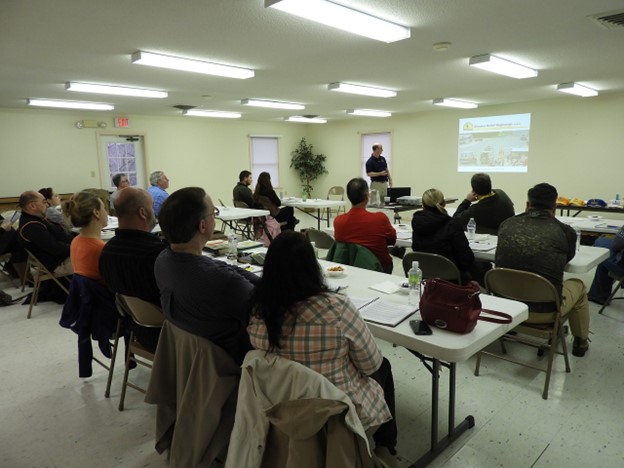Securing employment in a country that is grappling with unemployment figures that are amongst the highest in the world can be a daunting task, it is made increasingly difficult by the various socio-economic challenges that people face on a daily basis. With the creation of job portals and recruitment agencies, many people have found ways to optimise their chances of finding employment. But for those living with disabilities, unemployment is a struggle that seemingly has no alleviation.
The need to create awareness around the employability of disabled persons is paramount in ensuring that workplaces do not perpetuate a culture of discrimination against those with disabilities but more importantly, that employers and their companies realise that the disabled are not inadequate or unable to do the work required. Recruitment specialists have noted with concern a number of barriers that make access to employment an almost impossible task for the disabled. Some of these factors include:
- Discriminatory attitudes and practices
- Past ineffective labour legislations
- Inaccessible and unsupportive work environments
- Inadequate access to information
- Inaccessible public transport
- Lack of skills
These factors inherently play an exclusionary role and limit employment opportunities for people living with disabilities.
The bright side of this dim light is that employment specialists have identified ways in which employment opportunities can be more inclusive, credible and fair. For employers, there are guidelines that can help facilitate their interaction with their disabled employees as well as aid them in hiring those with disabilities for other vacancies.
For many able-bodied persons, the aesthetic or infrastructural appearance of an office space is hardly something that warrants any thought or interest, but for those living with physical disabilities, this is one of many concerns that they have about a prospective new work environment. Employers need to ensure that their office spaces are disabled-friendly.
When prospective employers seek out new recruits for their companies, they should make job advertisements accessible to people with disabilities by identifying the inherent requirements of the post, clearly describing the skills and capabilities required and setting reasonable criteria for selection.
Employers should adopt the most cost-effective means that’s consistent with effectively removing the barriers to perform the job and to enjoy equal access to the benefits and opportunities of employment.
Employers must protect the confidentiality of information that has been disclosed by a worker or job applicant with a disability. They must take care to keep records of private information relating to the disability confidential and separate from general personal records.
Employers may not disclose any information relating to a person’s disability without the written consent of the person concerned unless required to do so by law.
Employers, employer organisations and trade unions should include a code in their orientation, education and training programmes of workers.
If people with disabilities are under-represented in all occupational levels and categories in the workplace, the employer should seek guidance from organisations that represent people with disabilities or relevant experts, for example in vocational rehabilitation and occupational therapy to bring those vacancies to the attention of possible work seekers with disabilities.
Employers who provide or arrange for occupational insurance or other benefit plans for workers must ensure that the benefits don’t unfairly discriminate, either directly or indirectly against people with disabilities. Employers who provide or arrange for occupational insurance or other benefit plans must ensure the benefits aren’t discriminatory and consider the wide array of programs available for those with disabilities. Understanding the different types of disability benefits can qualify individuals for essential support, helping both employees function better and employers retain talented team members.
For those living with disabilities, it is important that consultations on their career advancement and possible needs are carried out by specialists. Recruiters need transparency with regards to disabilities – the person who is applying for the position should clearly state how their disability directly or indirectly affects the role with regards to their skill set or if it is something that can be overcome if it is physical or long term. There are ways to discuss this with a recruiter for a mutually beneficial result. Many companies have the capacity and disabled people shouldn’t feel excluded from the job market due to their health status.
With November being #DisabilityAwarenessMonth more interaction and awareness between companies and candidates as well as recruiters on the subject of disability is incredibly important. There are many people with varying levels of disabilities that can have a positive impact on society, the economy and within workforces but due to lack of knowledge and fear, many candidates do not apply for posts because they worry that they might not be accepted. This notion needs to be dismantled and a safer, more open and accepting space needs to be created.
Ultimately it is the collective efforts of prospective employers, those seeking employment as well as recruiters/job portals to make employment transparent, credible and inclusive.
Madelein Smit is the Managing Director of HR Company Solutions .


























